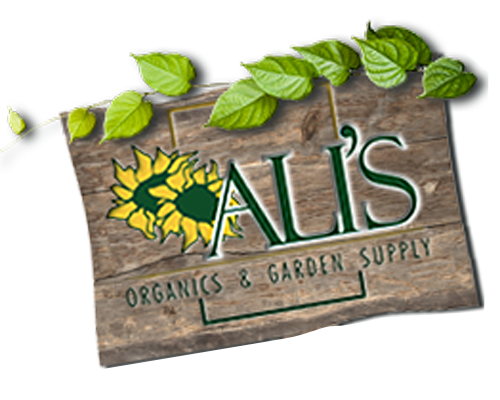A Pollinator Friendly Garden
Posted July 08, 2022

Where would we be without our pollinating insects, especially bees! Their importance is extraordinary. Although not all our crops rely on insects to pollinate them, it is estimated that more than 70% of food crops rely on bees and other pollinators. Even higher percentages with wild plants.
With the decline in bee population we can do our part by helping attract bees to our gardens with bee and pollinator friendly plants. Even in the vegetable gardens. You don’t have to have a specific bee garden, just add beautiful plants that attract these insects, here an there throughout your landscape.
There is a plethora of bee friendly plants but they do like certain types. Flowers with flat landing places (umbel) and those with wide trumpets like squash flowers in sunny locations. Bees also prefer white, yellow, violet, purple and blue flowers. Native and heirloom varieties are best as many new hybrids are pollen-free. Try to have at least four or five different types of plants flowering at any one time.
Some great examples of open and flat flowers are calendula, poppies, and those from the Apiaceae family such as flowering dill, parsley, fennel, carrots and Queen Ann’s lace. Sunflowers offer a great landing pad with plenty of pollen and adds a cheeriness to the garden. Yarrow, echinacea, tansy, clover, alyssum, and catmints are all beautiful popped in here and there in sunny locations offering nectar-rich pollen. Most plants that butterflies love, bees enjoy as well, such as the butterfly bush. Think about edging a garden with lavender, sages and salvias. Even sedums when flowering are wonderful attracting plants. Edible herbs like basil, sweet marjoram, mint, oregano, rosemary, thyme, winter savory and lemon balm serve more than a purpose for the kitchen! By adding pollinator plants you increase the biodiversity in the garden, overall better health for your garden and you!
Keep your garden clean of harmful chemical sprays! Even organic types of pest controls should be used responsibly. Don’t go on a spraying party for just a few pest. Hand removal is best for those small problems. When you truly need to spray, spray in the late evening, when all bees have returned to their hives and never spray the flowers!!
Beekeeping is becoming popular these days. Get informed. Take some classes from your local county extension or join bee clubs. Become bee friendly to preserve our future!



Comments (0 Comments)
There are no comments.
Post Comment